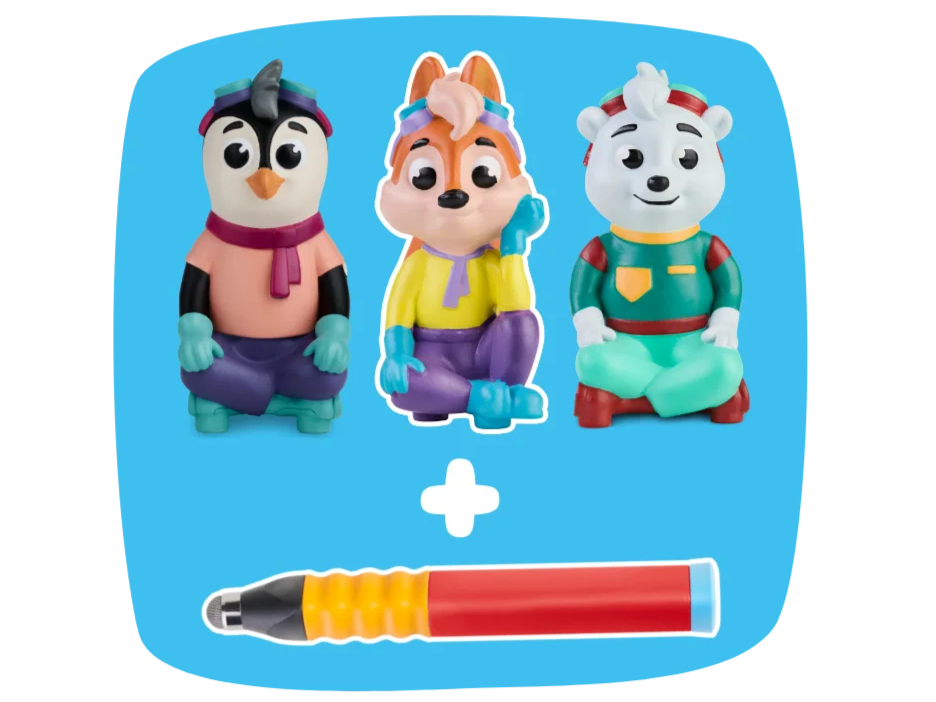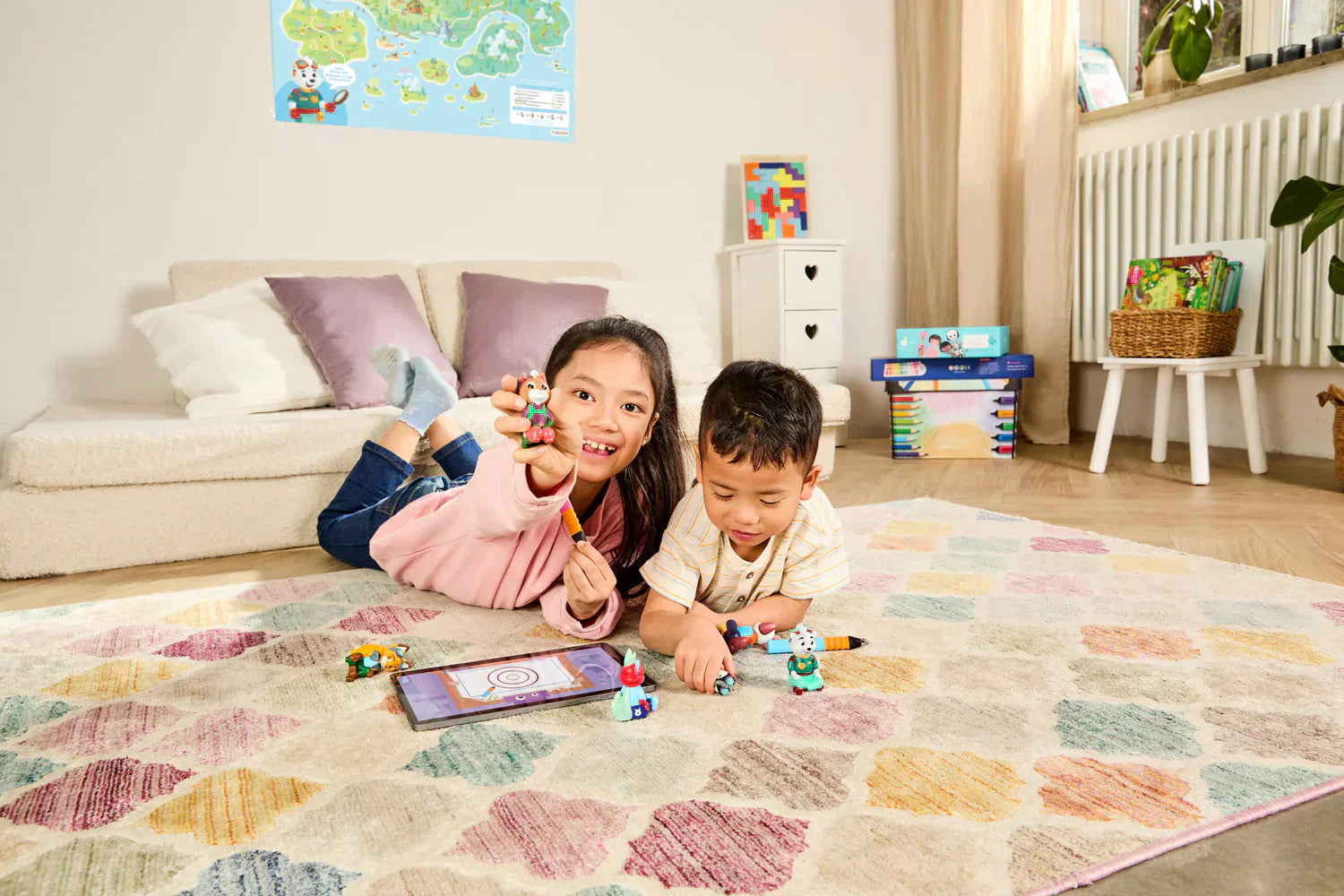At 12, I was a complete bookworm. I remember staying up all night in the bathroom reading "The Prisoner of Azkaban"—my sister had kicked me out of our room —because I couldn't stop until I finished the book the day it came out. I loved the weekly trips to the school library to immerse myself in something new, so I always had a good book handy.
Unfortunately, research suggests that today's younger generation is less likely to stay up all night reading. If you're struggling to foster a love of reading in your home, you're not alone.
The teacher in me wants to believe that children who say they don't like reading simply haven't found the right book yet.
I have some top tips to help you foster a love of reading in your family. Reading is simply too important and too wonderful to give up—even for the most lazy members of your family.
Why is reading so important for children?
- Books allow us to experience adventures and discover other cultures that transcend our own circumstances and experiences and that we couldn't even imagine without them!
As a result, children develop:
- empathy
- Emotional Intelligence
- A more extensive vocabulary (an important indicator of academic success)
- Cognitive skills for creative problem solving
4 ways to teach your children a love of reading
Let your child take the helm
This may be easier said than done if you've already read too many books like "100 Disgusting Facts About Lizards"—but if your child is excited about it, that's a start. Reading is the goal.
Comics, short stories, books they've already read. Giving children autonomy in reading is key to helping them learn to love reading as a lifelong habit.
Adults can relate—I know there are times when I can't bring myself to read Ulysses ( again ), and times when I just want to curl up and devour a chick-lit book I know I'll enjoy.
Seek support if you feel your child is struggling.
If your child really doesn't like reading and you're both exhausted and frustrated by it, it can't hurt to ask if they need extra help.
Your child's teacher is a good starting point and a source of knowledge about reader development. With their expertise in this area, they've likely already raised concerns if they think your child might benefit from additional support.
It's always worth having a conversation and maintaining a dialogue about reading progress between school and home. The teacher can reassure you and offer ideas for supporting your child's reading that you may not have thought of yet.
Use technology
It will never replace books. They're far too great for that. But it can help.
Phonics forms the foundation for learning to read. Don't underestimate the importance of reinforcing phonics and how this helps early readers develop confidence.
Edurino's world of phonetic learning , unlocked by Mika 🦊, sharpens children's phonetic skills through play and has proven transformative for children's enjoyment of reading:
"My son just turned 5 and was having a lot of trouble with phonics at school. Two weeks later, he's ahead of his classmates. He comes home from school every day wanting to play with Edurino. Now he asks me to read to him instead of me having to prompt him...!"
Listening to an audiobook while a child learns to read can increase their confidence and enjoyment of reading and help fill in gaps in their knowledge of words they may still be unsure about.
Love libraries
Take advantage of this fantastic facility if you have it nearby. Libraries in the UK are free and, in my opinion, a great place to spend a morning or afternoon with children—unlike play centers, there's no shouting—yay!
They offer reading groups, classes, competitions, access to audiobooks, and other cool digital resources, AND are the perfect place to discover and encourage your child's interests. They can borrow cookbooks, craft tutorials, novels, nonfiction books, comics—you name it. Plus, you can return everything so it doesn't sit around at home. It's a win-win situation.








